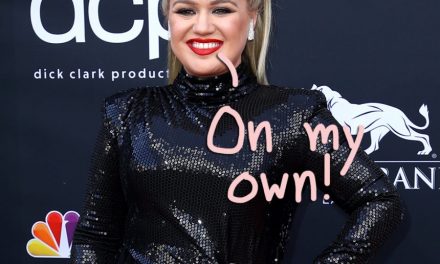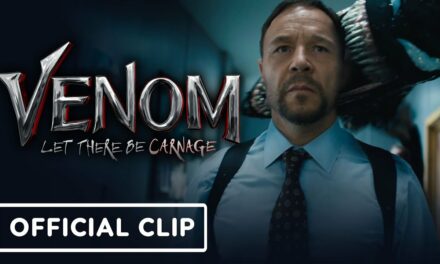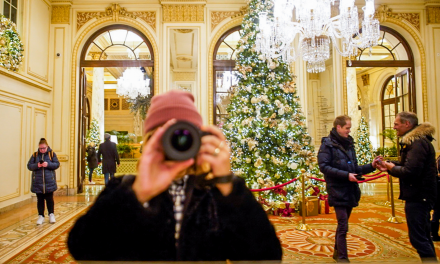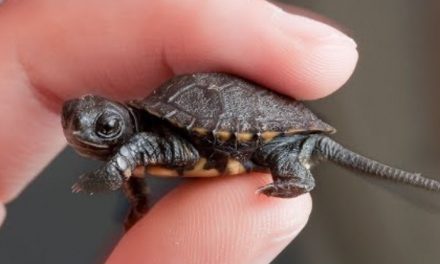Back in 2019, we wrote about a lawsuit filed against Disney by two writers that pitched a piratey movie to the company. The writers’ screenplay about Davey Jones, they said, was so similar to Disney’s Pirates of the Caribbean movies so as to constitute copyright infringement. Much of this appeared to stem from the fact that the two writers had pitched the screenplay to Disney a few years before the Pirates franchise began, but the similarities laid out in the lawsuit were classic idea/expression dichotomy stuff.
The writers and Laiter said the movies, like the screenplay, diverged from the traditional canon by portraying pirates as humorous, good men rather than terrifying brutes. They also claimed both works featured supernatural cursed, skull-faced pirates, and that actor Johnny Depp’s Captain Jack Sparrow character was substantially similar to the screenplay’s Davy Jones.
But the “single purported similarity” between the widely varying plots—cursed pirates—was an idea that flows naturally from a basic plot premise and therefore unprotectable, the judge said. The dark mood driven by pirate battles and sea monsters also stemmed naturally from the pirate premise, Judge Consuelo B. Marshall said.
And so the court dismissed the suit, laying out a reasoned argument that all of the similarities the plaintiffs had brought before the court were pirate tropes of the sort one would find in pretty much every pirate movie. Any minor deviations from those tropes, even if shared by both screenplays, were not protectable. Meanwhile, there were marked differences in the screenplay and characters, with one notable exception being that the plaintiff’s Davey Jones gives up pirating to work in an orphanage, while Disney’s Jack Sparrow very much does nothing of the sort.
Well, those writers appealed the decision and recently argued before the U.S. Court of Appeals that, basically, there are lots of other similarities that they forgot to mention in the first go around.
Creators of a pirate-themed screenplay argued Monday before the U.S. Court of Appeals for the Ninth Circuit that a lower court dismissal merely filtered unprotectable elements from the allegedly infringing movie franchise without considering their protectable arrangement. The appeals court panel seemed receptive to the idea that the case against Walt Disney Co. should have at least survived a quick dismissal by the U.S. District Court for the Central District of California.
Those creators are pointing to the recent ruling in the The Shape of Water case, which similarly was dismissed early on, only to be revived on appeal when it was argued that expert testimony during the trial could have made a difference in the outcome. But, as Disney has argued in response, that case contained far more allegations of similarity than exists here. That, according to the plaintiffs in this case, is because the court didn’t hear their new argument that these piratey tropes were protectable because of their specific combined arrangement.
U.S. Circuit Judge Bridget Shelton Bade noted that section and arrangement wasn’t mentioned in the decision and asked if it was argued. Lowe acknowledged the prior legal team was denied the chance to amend its complaint a second time to add it. Bade pushed back and said the court concluded the similarities were just pirate tropes “one would expect in any pirate movie.”
Lowe pointed to the opening brief, which laid out various alleged character, dialogue, plot, theme, and pacing similarities showing an architecture “identical for all intents and purposes” to the screenplay. He also said there are always “slight differences” between works, but that literary works were afforded “very thick protection.”
Disney attorney Melinda Eades LeMoine of Munger, Tolles & Olson LLP said the court didn’t err by skipping the arrangement analysis because it wasn’t presented—and wasn’t present—in the case. Many of the alleged similarities could be found in various pirate tales as well as Disney’s own Pirates of the Caribbean ride, which opened in 1967 at California’s Disneyland theme park and includes alleged similarities such as a port town, skeletons, and treasure, she said.
Hard as it may be to back Disney in a copyright lawsuit, its position makes sense. There are instances where an arrangement of unprotectable elements can qualify for copyright protection due to the originality of that arrangement, but nothing the plaintiffs point out here seems to move beyond a mashed together list of pirate tropes. That, combined with the stark differences that are present in the screenplay’s story and characters, really does put this back into the idea/expression dichotomy territory.
And, yet, it wouldn’t be terribly surprising to see the court decide that those are arguments best made at trial.
U.S. Circuit Judge Richard A. Paez said district courts can dismiss cases based on a lack of similarity, “But I think it’s difficult.” Not letting questions about arrangement and what elements were generic at least get to the summary judgment phase “just strikes me as odd,” he said.
“It does seem that you’ve got to be very careful when you do that, you’ve got to be sure. What you’re saying is there’s no plausible claim,” Paez said.
To be clear, this is the court hinting that it will err on the side of caution, not any sort of affirmation that the plaintiffs have an actual case. Still, it’s annoying that any creator, even Disney, would have to go through a trial over this sort of thing.
Read more: techdirt.com






Recent Comments